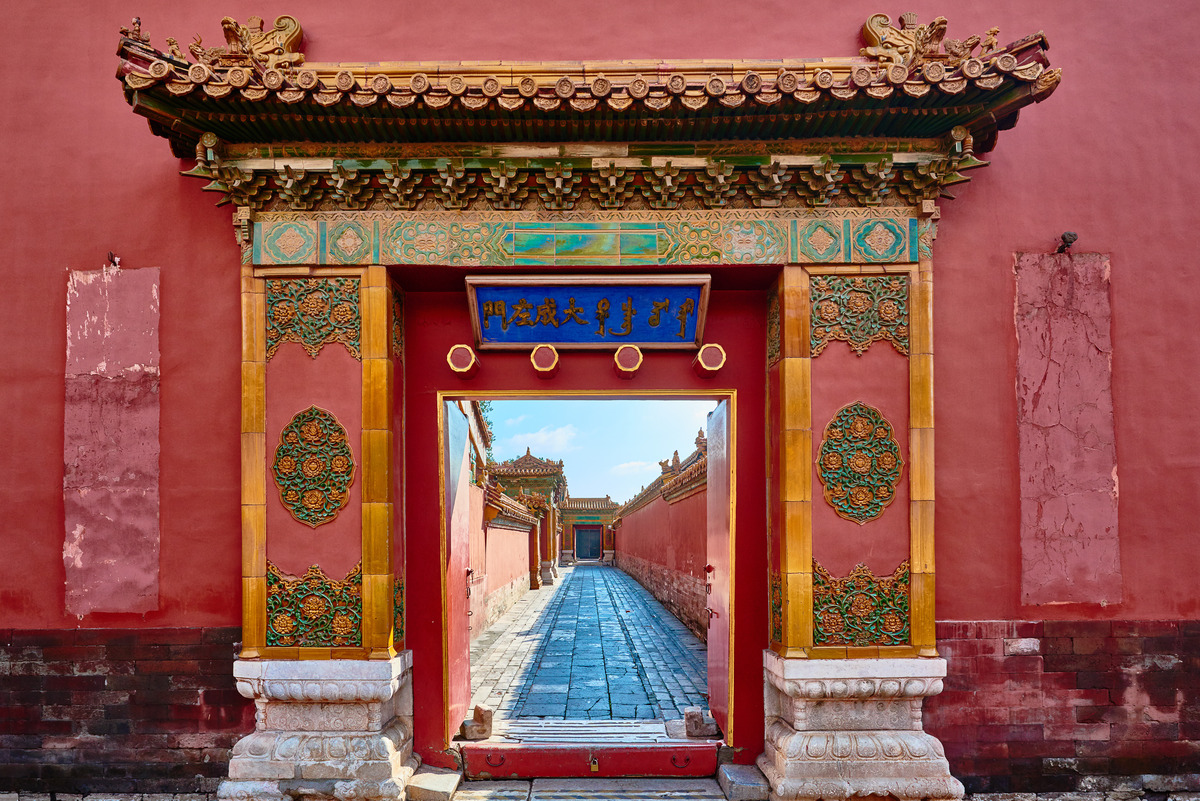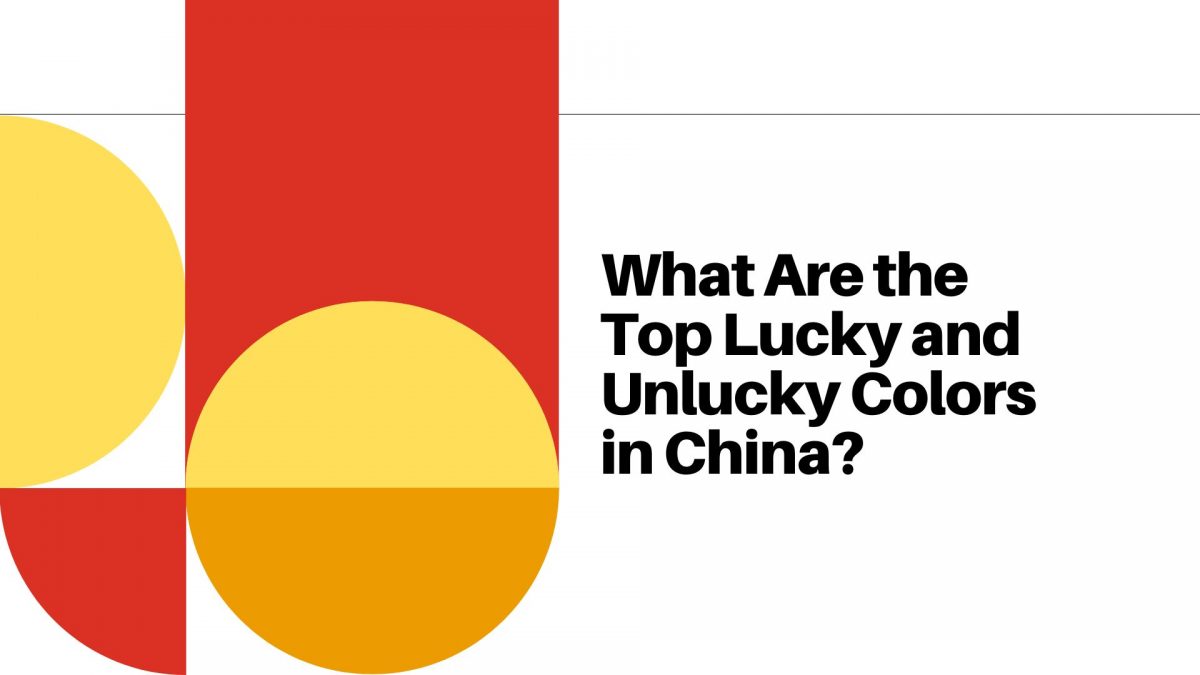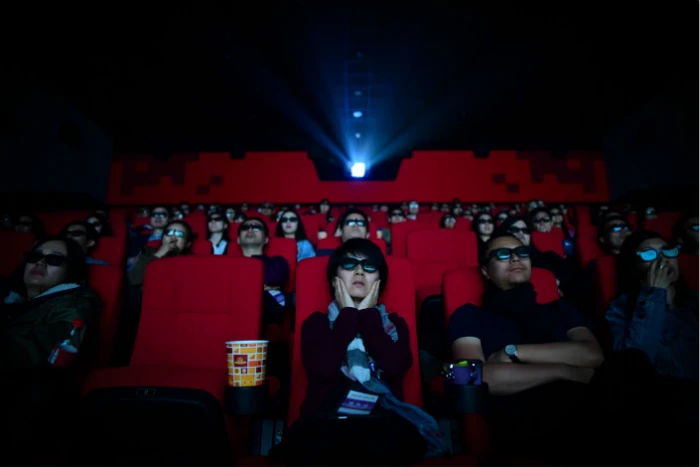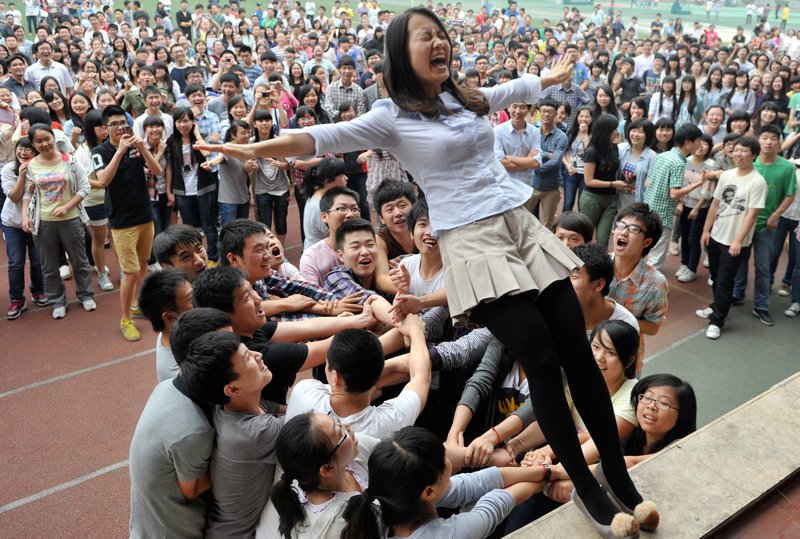
Smashed watermelons. Popped balloons. Textbooks thrown from dorm room windows. Those are just a few of the last-minute stress-busting techniques employed by this year’s Gaokao examinees as they marched towards the two or three days of testing that are make or break for any university hopeful in China.
The Gaokao has been the centrepiece of the Chinese education system since the 1950s, but went through a revival in 1977 after the Cultural Revolution. This year there were more than nine million participants for the notoriously difficult exam that tests high school leavers on Chinese language, mathematics and English, as well as another science or humanity subject of their choice. This year’s results came out on June 22nd, but how much longer will the Gaokao reign supreme in China, and is the testing process as fair as it could be?
How important is the Gaokao?
The lengths that students and their families are willing to go to ensure top marks stands testament to the importance of Gaokao results in China. Professional Gaokao Nannies, highly educated students or recent graduates, are paid large sums to live with Gaokao hopefuls to coach them through and offer support during the inevitable all-nighters and frustrated study sessions. Cram schools have also sprung up around the country, the largest of which is in Maotanchang, where the population swells by over 30,000 as students and their accompanying parents move to cram in the lead up to the exam. Parents wait outside school gates with meals and move their children into hotels closer to the exam centres, to ensure that precious study time isn’t wasted on menial tasks such as cooking and travel. The Western ideal of short study sessions with regular breaks replaced by ten-hour toothpick-in-eye sessions where even meal times are buried deep in textbooks.
Top hotels even offer packages to exam hopefuls enticing them with late checkout and free upgrades, such as the Sheraton in Shanghai which offered a ‘Top Scorer Package’ this year, charging a premium for the privilege. Nothing is too much effort or expense for parents to ensure their children are as well placed as possible to score highly, with many sacrificing employment opportunities and putting their own lives on hold to cater to their son or daughter’s every need in the lead up to the exam. If that doesn’t convey the importance that is placed on the Gaokao in China, the fact that teenage suicide rates also soar both before the exam and after results come out should serve as a sobering lesson.
Does the Gaokao kill innovation?
Speaking to CCTV, Zhang Xingzhong – a head teacher at one of China’s famous cram schools – commented that the Gaokao trains students to be ‘…a better person. If you want to get good marks in the Gaokao, you have to have patience, courage, persistence and responsibility. Learning how to dance and sing cannot teach them those’. Whilst he’s right that spending ten hours per day in a small dorm room without sockets to charge your phone as you cram for make-or-break exams doesn’t teach you to sing or dance, nor does it teach you to think outside of the box – a very cramped box at that.
One school administrator was quoted in Fast Company several years ago as saying: ‘the Gaokao rewards a special type of student: very strong memory; very strong logical and analytical ability; little imagination; little desire to question authority.’ In a country that lacks the home-grown academic culture for creativity and relies far too heavily on returning students for start-up business and innovation, the Gaokao surely does little to alleviate the problem.
Is the Gaokao fair?
It’s relevant to first ask the question whether you can think of a fairer system to test over nine million people vying for a limited number of university places. Unlike some Western countries where admissions departments hire people to assess each candidate on their individual qualities and mitigating circumstances, with such a large volume of applicants in China it is simply an impossible task. Test results on a level playing field at first seems the only efficient system, especially with such regional disparity and varying levels in the quality of teaching and education. The Gaokao is promoted by the government in China as a ladder of equal opportunity that promotes ‘social mobility’. However, in its current form it is in need of reform.
Currently exam marks can differ as much as 100 points (around 15-20 per cent of total) between provinces, with university places favouring those from larger, more prosperous cities, such as Beijing and Shanghai. Universities often offer those with a local hukou a lower admission mark and, although the system means that those from resource-sparse regions such as the Xinjiang Autonomous region need to score less to enter university, the system on the whole vastly favours those from wealthier areas. Whilst there are success stories of people from poor backgrounds competing for places at top universities, they are in the minority.
That said, with an ever increasing number of university graduates each year, which in 2015 reached a record high of 7.49 million, passing the Gaokao with a reputable score no longer holds the same stature it once did. What’s more, with all of those university graduates later heading onto the job market, which has been made evermore competitive with the economic slowdown, it is far from a perfect recipe.
Penalties for cheating
This year was the first in which students who get caught cheating in the Gaokao could face jail time, with sentences of up to seven years. Here are some of the tactics people have employed in recent years to bypass the checkers:
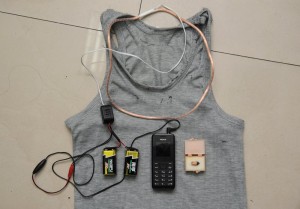
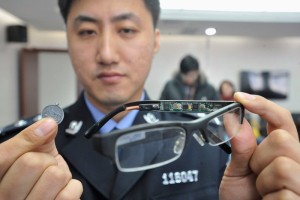
I’m thankful I never had to take the Gaokao and it puts it into perspective each time I complained in school about tests that pale into insignificance when compared to the importance placed on China’s university entrance exam, particularly by those from less fortunate backgrounds. Do you think you could pass the Gaokao?


